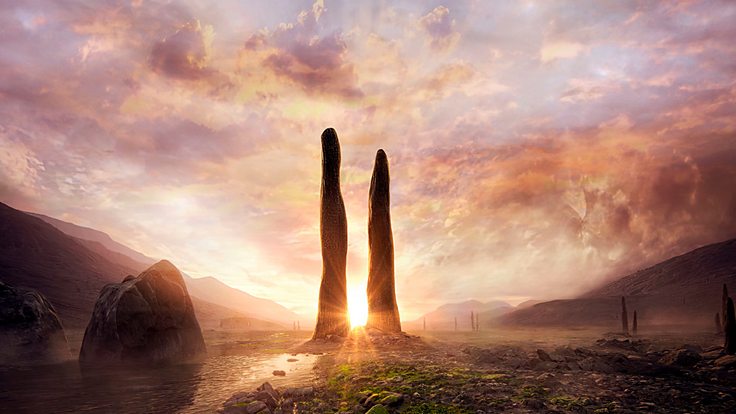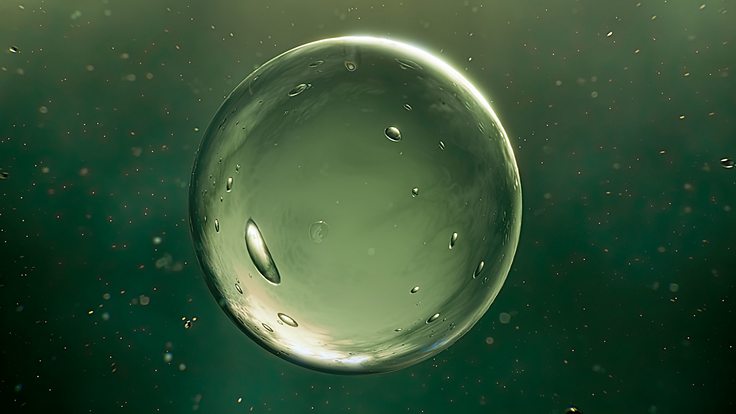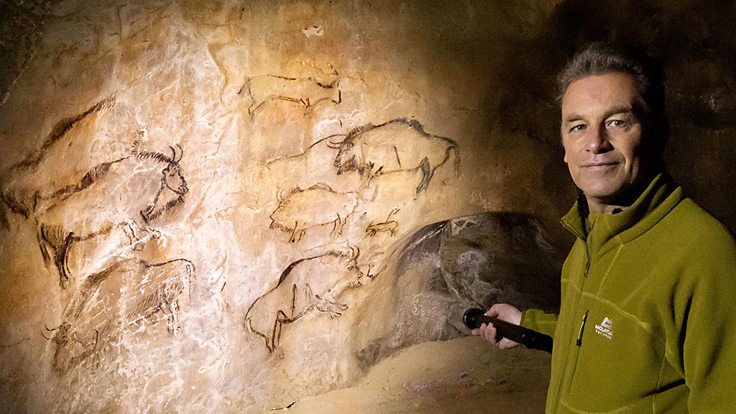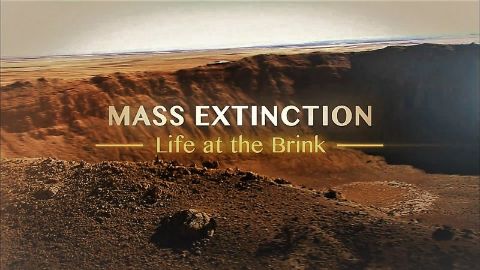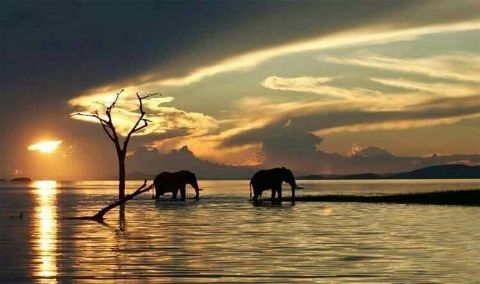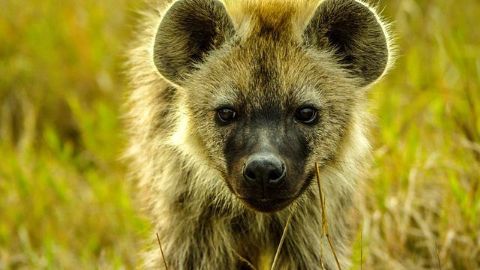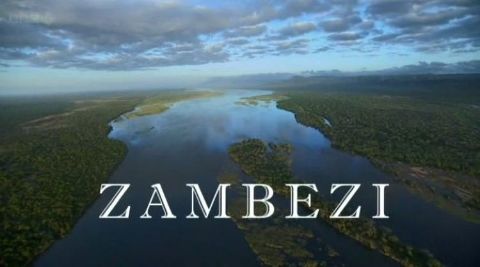Human • 2023 • episode "S1E5" • Earth: One Planet, Many Lives
Today Earth is a human world, home to eight billion people and counting. Humans now have a greater effect in shaping Earth’s surface than many natural processes. In this episode, Chris Packham explores how dramatic twists in Earth’s story enabled humans to go from being part of nature to controlling it, and what we can learn from this epic tale before it’s too late. The story begins 66 million years ago with the catastrophic impact of the asteroid that wiped out the (Non-avian) dinosaurs. From the ashes of the desolation that followed, a new animal family rose to power. This was adaptable and inventive enough to emerge out of the harsh new world – the mammals. It began with a distant ancestor that shared many traits of the much maligned, but evolutionarily brilliant, rat. Due to a series of extreme geological and climatic events, mammals evolved into early primates feasting in the newly formed tropical rainforests, and then to early humans travelling vast distances between forests in places like East Africa’s Rift Valley. Earth’s story is a saga spanning 4.5 billion years, but it’s only in the last 11,000 years - with the rise of farming - that our species has started to dramatically impact our planet and its ecosystems. The human chapter of Earth’s story might end in disaster, but Chris is keen to argue for a different ending, where all of humanity’s achievements to date “…were just our dress rehearsals, because in the very near future our species will need to reach the zenith of its achievements and… all humanity will have to learn to put our Earth first.”
Make a donation
Buy a brother a hot coffee? Or a cold beer?
Hope you're finding these documentaries fascinating and eye-opening. It's just me, working hard behind the scenes to bring you this enriching content.
Running and maintaining a website like this takes time and resources. That's why I'm reaching out to you. If you appreciate what I do and would like to support my efforts, would you consider "buying me a coffee"?
Donation addresses
BTC: bc1q8ldskxh4x9qnddhcrgcun8rtvddeldm2a07r2v
ETH: 0x5CCAAA1afc5c5D814129d99277dDb5A979672116
With your donation through , you can show your appreciation and help me keep this project going. Every contribution, no matter how small, makes a significant impact. It goes directly towards covering server costs.


